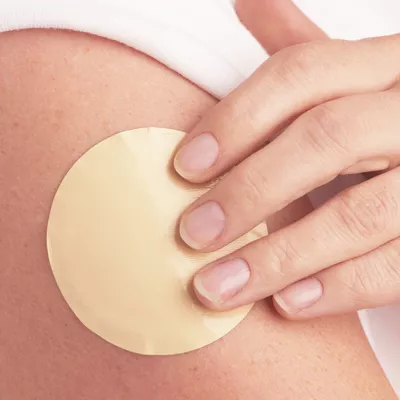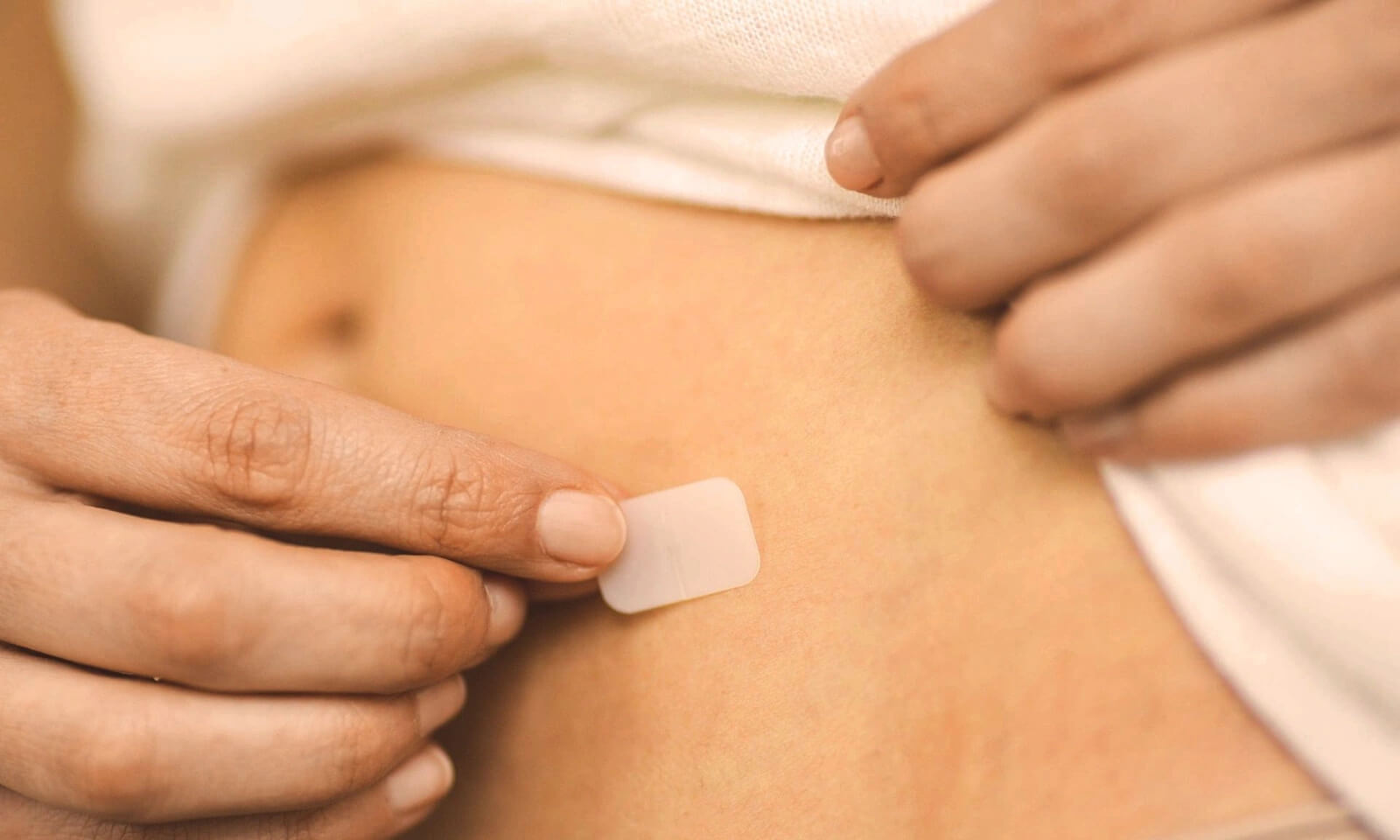
Think of a superhero within your body who is always battling off bad guys like pollutants, free radicals, and harm to cells. There is a hero, and its name is Glutathione. Glutathione is sometimes called the “master antioxidant” since it is important for almost all body functions, including detoxification, immunological support, and cellular repair. A lot of people don’t know about this important chemical or how to get the most out of it, even though it is really important. Clear up any confusion about glutathione by describing what it does, how our bodies make it, read the article on glutathione and when you stop taking it.
What Exactly is Glutathione?
Glutathione (GSH) is a tripeptide, which means it is made up of three amino acids: cysteine, glycine, and glutamic acid. Glutathione is different from other antioxidants we acquire from food, such as vitamin C or E, since our cells make it on their own. It’s in almost every cell in the body, but the liver has the most of it. The liver is the body’s main detoxifying organ.
- Detoxification: It attaches to heavy metals, poisons, and pollutants in the environment and changes them into less dangerous substances that the body can readily get rid of.
- Immune System Support: It is very important for immune cells to work properly, which helps the body fight off illnesses and infections.
- Cellular Repair: It helps protect cells from oxidative damage by making and repairing DNA.
- Function of Protein: It helps proteins keep their shape and work properly, which is necessary for all biological activities.
- Recycling Other Antioxidants: Glutathione helps other antioxidants, including Vitamin C and Vitamin E, operate again so they can keep protecting the body.
Things that affect how much glutathione you have

Our bodies make glutathione on their own, but many things can lower its levels, making us more susceptible to oxidative stress and its effects. Some of these are
- Getting older: Our bodies naturally make less glutathione as we become older.
- Bad Diet: Not eating enough foods that are high in sulfur selenium, and vitamins C and E might make it harder for your body to make glutathione.
- Chronic Stress: Stress that lasts for a long time might make oxidative load higher and antioxidant stores lower.
Pollutants, pesticides, and heavy metals are all examples of environmental toxins that place a lot of stress on our detoxifying systems and use up glutathione.
- Medications: Some drugs can change the amounts of glutathione.
- Chronic disorders and Illness: Some illnesses and long-term inflammatory disorders can greatly lower glutathione levels.
Increasing the Amount of Glutathione in Your Body
To read the article on glutathione and when you stop taking it because it is so important, a lot of individuals look for strategies to raise their glutathione levels. There are glutathione supplements that you may take directly, but they can be hard to absorb since the digestive system breaks down the peptide. Because of this, efforts frequently focus on helping the body make more of it. To learn more about this, including what happens when you stop taking supplements, see the page on glutathione and when you stop taking it.
Keeping your glutathione levels in check is very important for your health. By learning about how it works and helping it make more of it, you give your body the tools it needs to protect itself, which helps you feel better and live longer.








